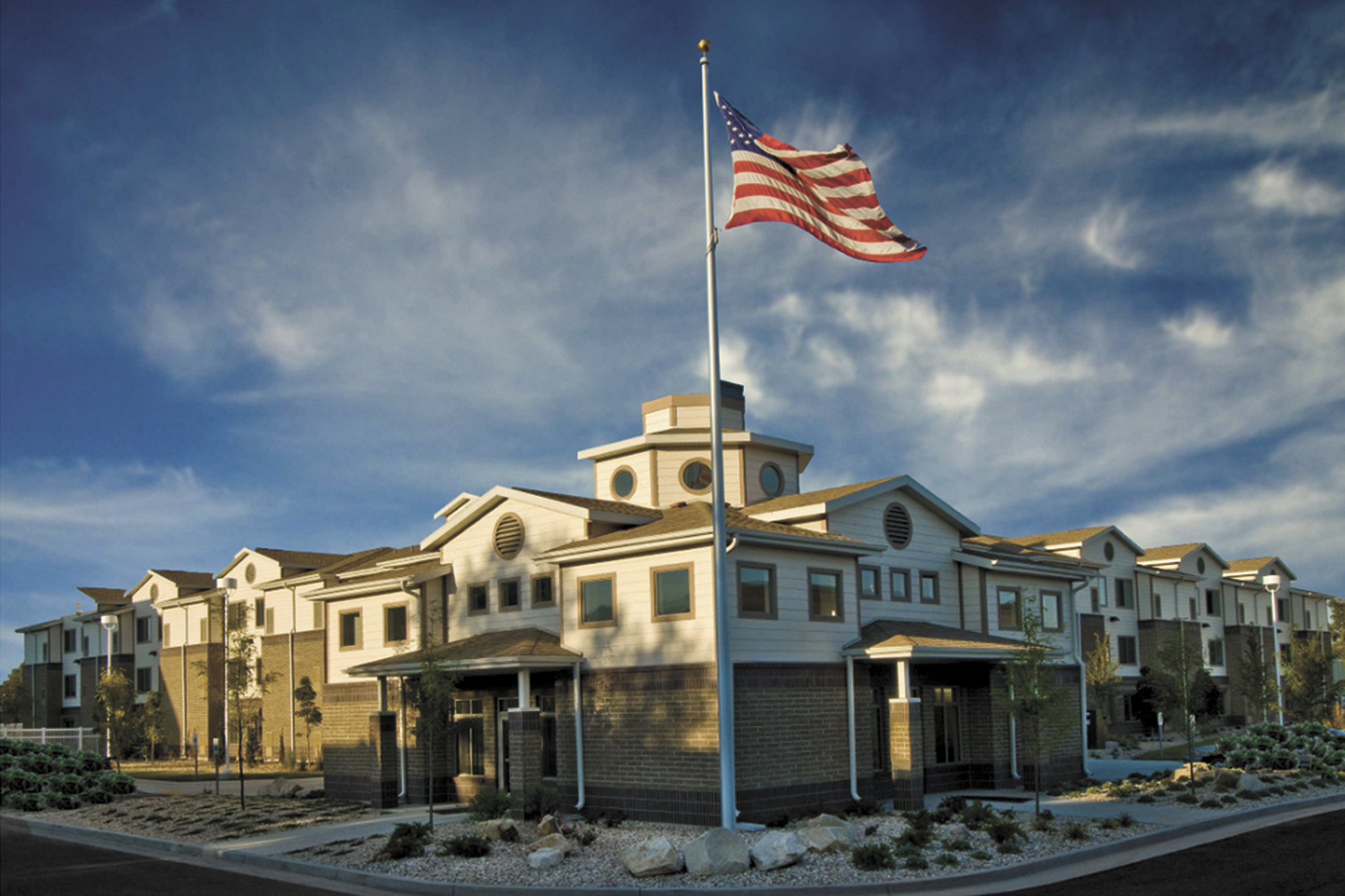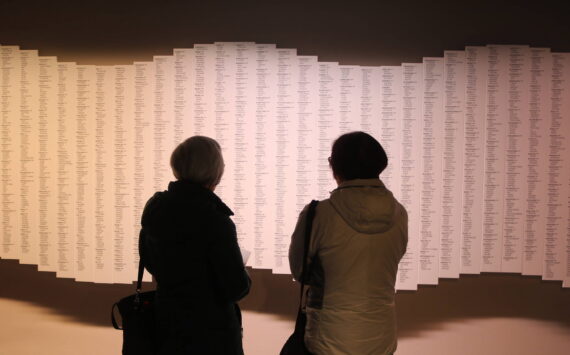It is interesting to note this election eve that even in America’s most bedrock, red-ribbed conservative crannies, initiatives to raise the minimum wage are expected to pass with flying colors.
Mind you, in none of these four states – Alaska, Arkansas, South Dakota and Nebraska (and all with Republican-controlled legislatures) – will the new wage increase come close to rivaling Seattle’s $15 threshold, but still, it is a small milestone for the nation’s working man and woman.
As we know, Republicans in Congress have kicked to the curb any thought of increasing the federal wage, current sitting at $7.25 per hour.
Alaska’s measure would up the state’s minimum wage from $7.75 to $9.75 by 2016. Arkansas’ minimum wage would reach $8.50 by 2017, Nebraska’s to $9 by 2016, and South Dakota’s to $8.50 by next year. The measures in Alaska and South Dakota would also tie the minimum wage to an inflation index, so that the wage floor would rise with the cost of living
“We’re expecting them all to go through,” Tsedeye Gebreselassie, an attorney with the National Employment Law Project Action Fund, which advocates for a higher minimum wage, tells Huffington Post. “I would be shocked if it didn’t go through in any of the states.”
Twenty-two states and the District of Columbia currently have their own minimum wage set higher than the federal level, and Maryland and Hawaii will soon join them thanks to laws passed earlier this year.
There is no recent public polling in Nebraska, but in the other three states, hiking the minimum wage leads by a wide margin: by 61 percent to 33 percent in Alaska, and 68 to 24 in Arkansas, according to September polls from Public Policy Polling. In South Dakota, the initiative is leading 6o to 28, according to an October SurveyUSA poll.
The last time there was such a spate of minimum-wage ballot initiatives was in the 2006 midterm election when six states, Arizona, Colorado, Missouri, Montana, Nevada and Ohio, all green-lighted a higher wage.
Congressional Democrats have proposed pushing the federal minimum to $10.10 and tying it to inflation. The measure is supported by President Obama, but House Republicans refused to give the bill a vote, and Senate Democrats have been unable to corral enough votes to overcome a GOP filibuster.
If Republicans win control of the U.S. Senate next week, don’t hold your breath for a federal minimum wage increase.








